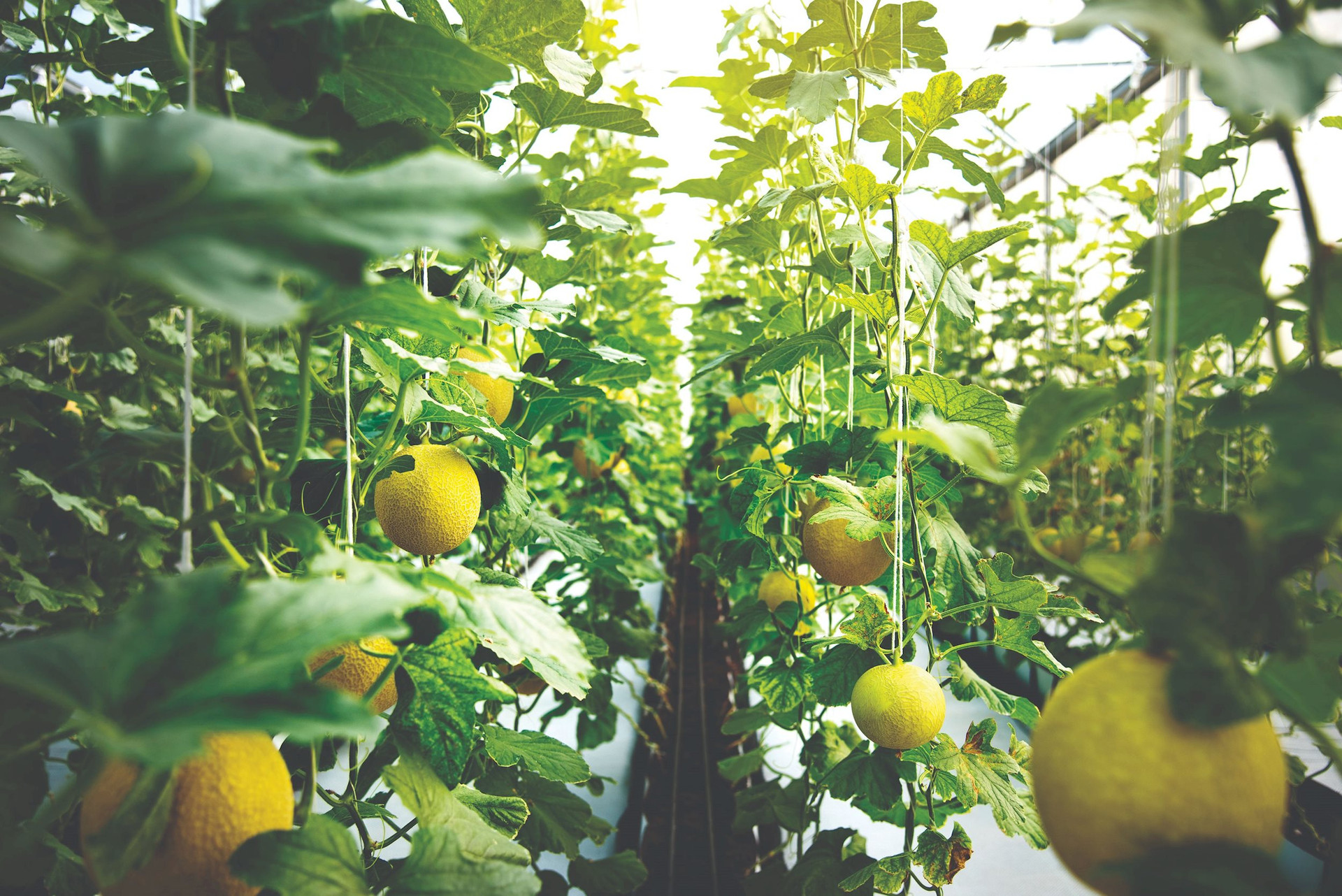Ensuring that food reaches consumers while still fresh and at the best prices is a desire shared not only by farmers and consumers but also by the entire supply chain.
Previously, the focus was mainly on assessing crop and livestock losses due to pests, diseases, and weather conditions, which resulted in high costs for farmers and subpar market quality. The issue of food waste and losses during transportation and storage is also a significant concern.
Food preservation in the supply chain
Food waste and losses occur due to various reasons, primarily improper handling and storage. For fruits and vegetables, the main losses occur from falling during transportation. With meat and fish products, spoilage often results from improper freezing, preservation, and packaging processes. Even in advanced countries with sufficient storage facilities and cold storage that meet safety standards, incidents can still happen due to technical malfunctions, excessive inventory, or inadequate temperature control. In Vietnam, the cold storage facilities are inadequate in terms of quantity and standards, making it difficult to maintain product freshness.

Furthermore, due to poor infrastructure, the transportation process often leads to product damage and rejection. Some countries, especially Japan, have strict regulations requiring food and beverages to be delivered within one-third of their shelf life, ensuring safety and rejecting products that do not meet safety standards. Food waste not only incurs costs but also affects global food security and contributes to environmental pollution.
In light of these realities, it is clear that not only farmers and agricultural producers but also all stakeholders need to find effective solutions to reduce agricultural product waste, particularly within the supply chain, to enhance the development and efficiency of the agricultural sector and create greater value.
Stronger linkages
During the development process, businesses and farmers have recognized the importance of ensuring market access for agricultural products and maintaining product quality consistency for consumers. Therefore, investment in logistics infrastructure is essential to ensure quality and delivery conditions.
To prevent spoilage, loss, and deterioration of Vietnamese agricultural products during warehousing and transportation, it is necessary to establish contractual agreements and adopt contract- based production methods. Without these measures, it would be challenging for the agricultural sector to participate in global production chains or face rejection and competitive pressure from foreign suppliers of agricultural products and professional food producers.
Logistics is related to all stages of agricultural production, including cultivation, processing, and manufacturing. It encompasses various activities such as ensuring quality seeds and agricultural supplies, cultivation practices, production organization, farming, and ultimately the procurement of fresh agricultural products, processing, consumption, and export.
Currently, the agriculture and logistics sectors have not yet achieved close integration. Most transactions between the two parties are seasonal contract-based leasing, lacking mutual support regarding pricing and the enhancement of product quality and services.
Furthermore, there is an abundance of small- scale production and logistics companies that operate on a seasonal basis, lacking the capacity and conditions to engage in long-term cooperative development. Due to their small scale, the efficiency of supply chains and the establishment of value and brand recognition have not been truly realized.
Producers, agricultural distributors, restaurant chains, and supermarkets need to collaborate more closely with service providers in the supply chain, especially in logistics, focusing on value, quality criteria, and overall consistency throughout the chain. To ensure product quality in preservation and transportation, businesses should carefully consider the trade-off between cost-effective logistics services and comprehensive, high-value logistics services.
To date, farmers and agricultural product businesses have recognized the significant impact of logistics on the perceived value of agricultural products. Vietnam has many advantages for agricultural production, including diverse weather conditions, fertile land, hardworking people, and a labor force. However, it seems that farmers still face hardships, risks, and various disadvantages, resulting in relatively low incomes.
Agricultural products have a clear impact on logistics due to their seasonal nature. Although this seasonality is mitigated to some extent by production and cultivation techniques, certain types of agricultural products are still influenced by natural factors such as geography, soil fertility, weather, and climate. Therefore, Vietnamese agricultural products still exhibit a characteristic of being available only during specific seasons. To achieve off-season produce, we need to invest in technology, equipment, especially in processing and preservation. Without adequate investment in preservation, the competitive capacity of Vietnamese agricultural products will struggle to participate in the global value chain of international trade, as agricultural products themselves have a limited natural preservation time. Furthermore, related links such as warehouse infrastructure, transportation, and customs clearance are also crucial factors contributing to the development and success of logistics of Vietnamese.